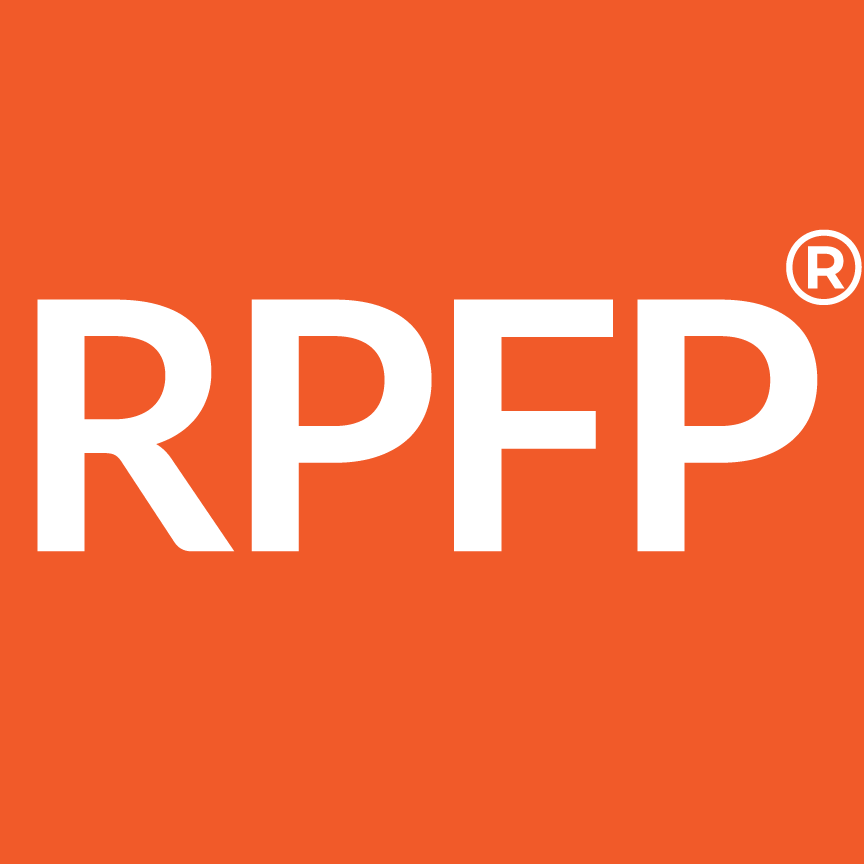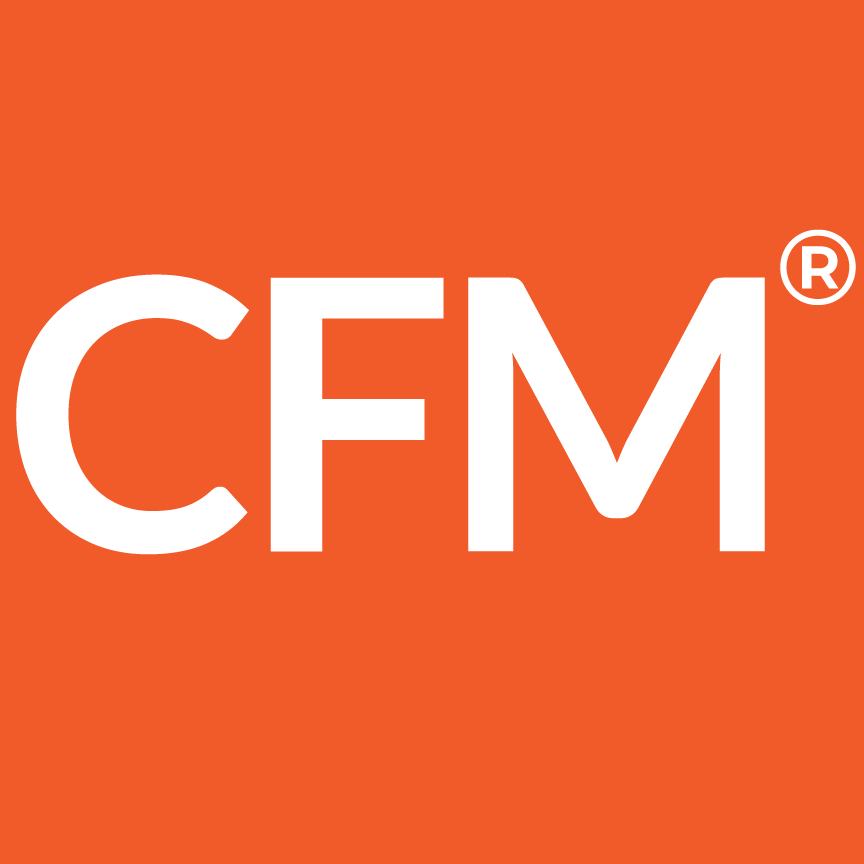
UPCOMING SCHEDULE
Student
per Level
Professional
per Level
Overview
CFM Level 1

Registered Personal Finance Practitioner
CFM Level 2

Associate Financial Analyst
CFM Level 3

Certified Financial Manager
The field of finance is naturally covered in the professional accountant’s services. The Certified Financial Manager (CFM) is expected to be an expert in the science of savings and risk analysis. Savings include the time value of money analysis.
The CFM practitioner has the competence to create wealth using the power of finance. It covers a thorough understanding of the financial systems, risk and return trade-off, financial statements analysis, sources of long term-financing, capital structure, business leverages, cost of capital, working capital management, and international financial management.
The participation of the CFM in the executive management is indispensable. He is there as a financial analyst and an expert in the financial dynamics. His presence confidently guides the organization as to the financial impact and outcome of major business or financial decisions of the executive management towards organizational growth, sustainability, and survival.
Benefits of CMAP
- Entitlement to the post nominal, RPFP, AFA, and CFM.
- Designation as
— Registered Personal Finance Practitioner
— Associate Financial Analyst
— Certified Financial Manager
Course Outline
Registered Personal Finance Practitioner
Time Value of Money
Time Value of Money
— Time Value of Money Concepts– Nature of Interest – Simple and Compound– Future Value– Present Value
Economic Analysis
- Micro economic analysis
— Fundamental economic principles and the law of diminishing returns
— Demand schedule
— Supply schedule
— Economic exchange, economic cycle and government intervention
— Economic profit
— Market structure
- Macro economic analysis
— Public welfare and national income
— Classical economics
— Keynesian economics
— Fiscal economics
— Monetary economics
— Neo-Keynesian economics
Working Capital Management
- Basic Principles in Working Capital Management
— The Business Hedging principle
— Financing policy on working capital management
— Operating policy on managing profitability and liquidity
- Cash and marketable securities management
— Basic principles in cash management
— Effective borrowing rate
— Optimal cash investment to marketable securities
— Cash synchronization management
— Managing short-term investments
- Trade receivables management
— Basic principles in trade receivables management
— Managing the trade credit and collection policy
— Receivable days management
— Effective discount rate on receivables
- Inventory management
— Inventory management environment
— ABC, 2-Bin, Red-line, Minimum-Maximum Inventory models
— Economic order quantity
— Re-order point
— Optimal safety stock
— Modern inventory management models
- Short-term financing management
— Types of short-term financing
— Effective borrowing rate
Code of Ethics
How to Get Certified
Training
Register for the CERTS training to gain access to learning resources such as video lectures, study notes, exercises, and assessments.
Attend the live Online Mentoring Session (OMS) as schedule to further refine your preparation.
Simulation Exam
Take the Simulation Examination (SimEx) as scheduled. It comprises of sixty (60) questions for three (3) hours. A learner must earn a rating of at least 35/60 to qualify for the Actual Examination. A learner who failed the SimEx may retake on the next schedule for a minimal fee.
Examination
Qualified candidates shall be indorsed for the CFA examination as scheduled. The examination comprises of sixty (60) questions budgeted for three (3) hours. An examinee must earn a minimum rating of 75% to pass.
Title / Certification
Candidates who passed the CFA examination may now apply for certification. The same certification may then be submitted for accreditation with the Asia Pacific Professionals Association (APPA) Foundation and other professional institutes.
